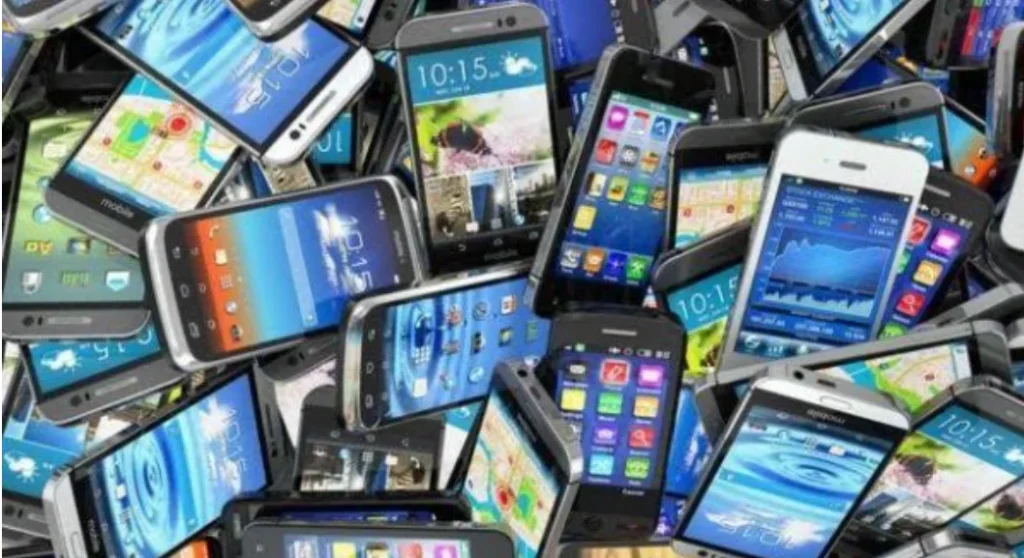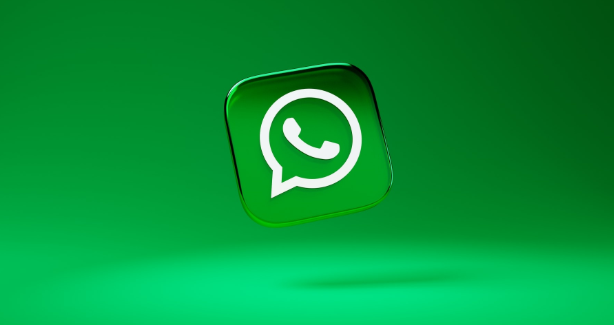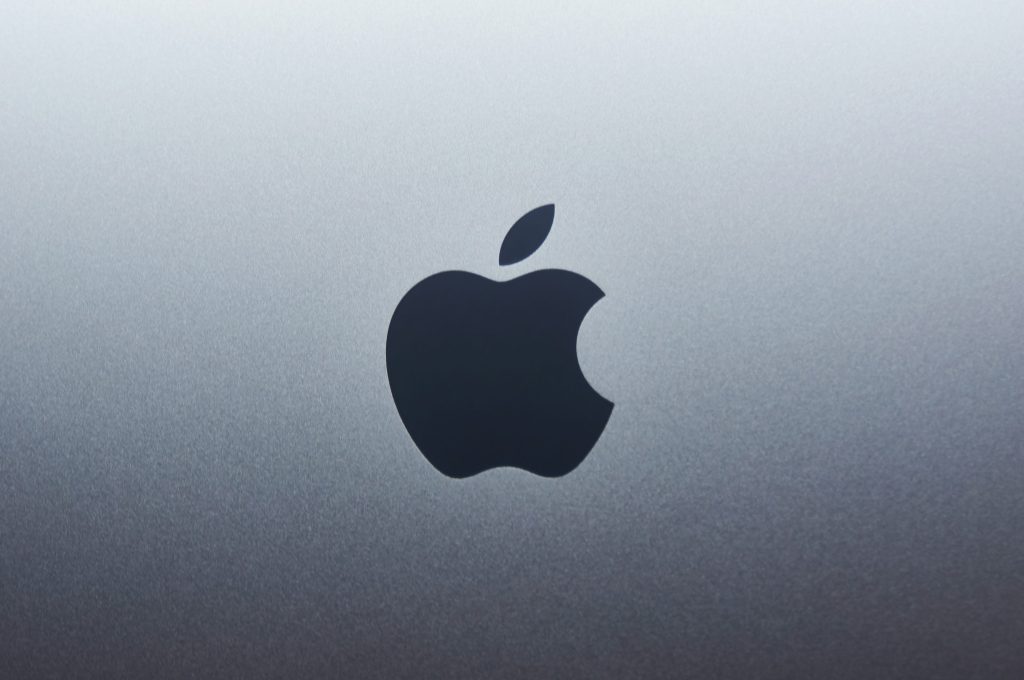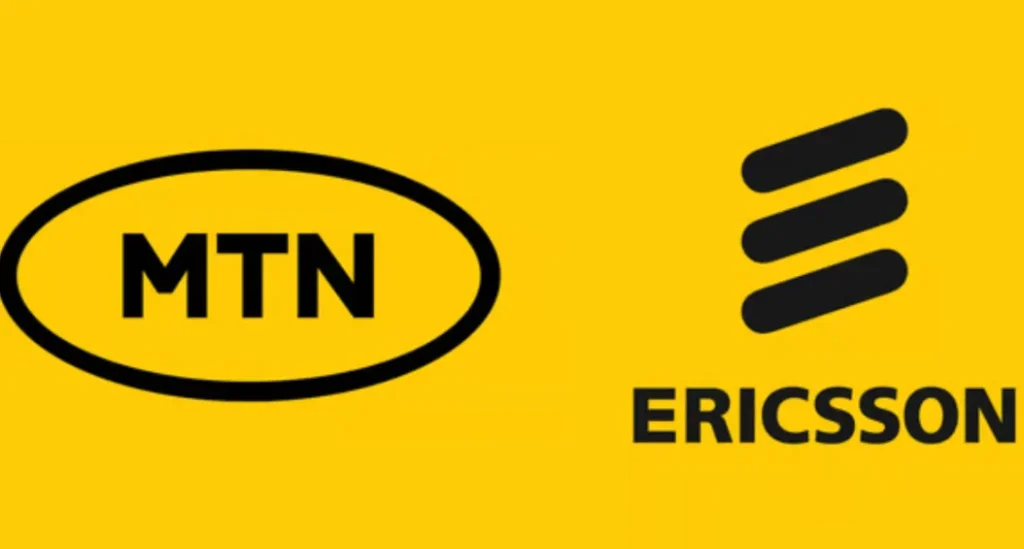Buying a new smartphone in Nigeria can be risky, especially with the rise of fake phones and counterfeit devices flooding the market. These imitations often look almost identical to the original, making it difficult for unsuspecting buyers to tell the difference.
Whether you’re shopping online or at a local market, here are eight reliable ways to spot a fake phone in Nigeria and avoid being scammed.
1. Check the IMEI Number for Authenticity
One of the most accurate ways to verify if a phone is original is through its IMEI number.
How to check:
- Dial
*#06#on the phone to display its IMEI. - Match it with the number on the phone box or beneath the battery (if removable).
- Enter it on IMEI.info to check the device’s brand, model, and specifications.
Red Flag: If the IMEI doesn’t match or isn’t verifiable online, the phone is likely fake.
2. Inspect the Packaging and Accessories
Original phones always come in well-branded, sealed packaging with high-quality print and proper documentation.
What to look for:
- Clean, sturdy packaging with no spelling errors
- Manufacturer information clearly displayed
- Genuine accessories (charger, cable, user manual)
Red Flag: Poor-quality print, missing accessories, or vague branding usually indicate a fake.
3. Examine the Build Quality
Pay close attention to how the phone feels and looks physically.
Warning signs of a fake phone:
- Loose buttons or poor finishing
- Low-resolution screens
- Misspelled brand names like “Samsang” or “Nokla”
- Unusual weight or cheap materials
Original devices are usually sleek, compact, and well-assembled.
4. Verify the Operating System and User Interface (UI)
Fake smartphones often run modified versions of Android to imitate iOS or higher-end Android UIs.
What to do:
- Look out for strange pop-ups or unremovable apps
- Check for system updates
- Use apps like CPU-Z, DevCheck, or AIDA64 to verify the actual hardware specs
Red Fag: If the phone is advertised as 8GB RAM but reads 2GB in CPU-Z, it’s likely fake.
5. Buy Only from Reputable Sellers
Where you buy your phone matters. Avoid risky transactions that leave no paper trail.
Avoid:
- Open-market traders or roadside vendors
- Offers that are too good to be true
Prefer:
- Authorized dealers like Slot, 3CHub, or Jumia Official Store
- Devices with receipts and manufacturer warranties
6. Battery Life and Overall Performance
Fake phones often come with inferior batteries and processors, causing frequent issues.
Common issues:
- Overheating
- Fast battery drain
- Long charging time or no charging at all
- Laggy or unresponsive user experience
If performance feels too poor for the model you were sold, it may be counterfeit.
7. Use Hardware Checking Apps
Several apps can help you verify the phone’s true hardware specifications.
Recommended apps:
- CPU-Z
- DevCheck
- AIDA64
Compare the app’s readings with the seller’s claims (RAM, storage, CPU). Any major mismatch is a red flag.
8. Compare the Price with the Market Standard
If the deal sounds too good to be true, it probably is.
Example:
- iPhone 13 selling for ₦150,000? It’s almost definitely fake or heavily refurbished.
- Samsung Galaxy S22 for #100,000? Also highly suspicious.
Tip: Research the average market price on Jumia, Konga, or Slot before making a purchase.
How to Stay Safe When Buying a Phone in Nigeria
Buying a phone in Nigeria requires caution. Always verify the IMEI, check the packaging, and inspect the build quality. Use system check apps and avoid extremely low prices. Most importantly, buy from reputable sources to avoid falling for fake or cloned devices.











